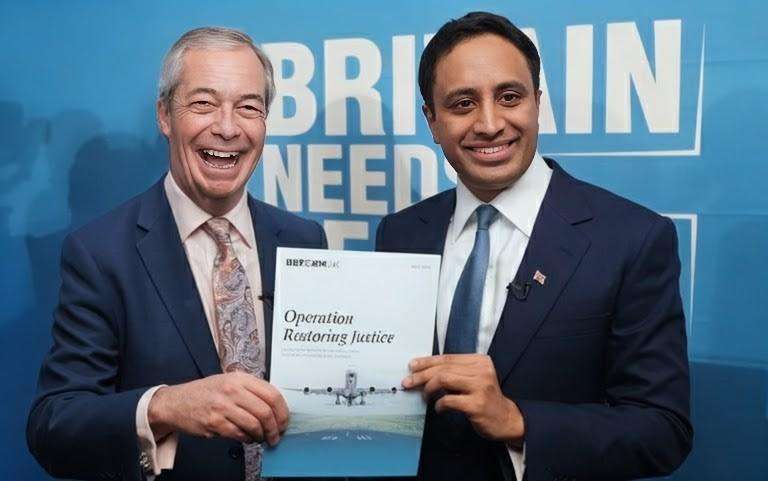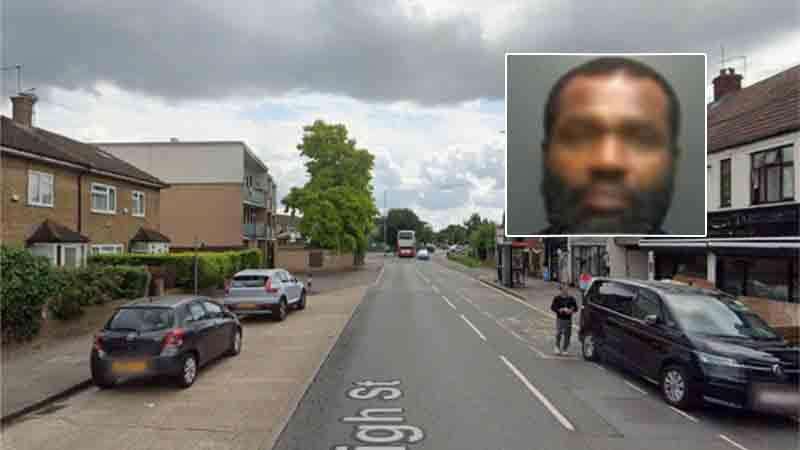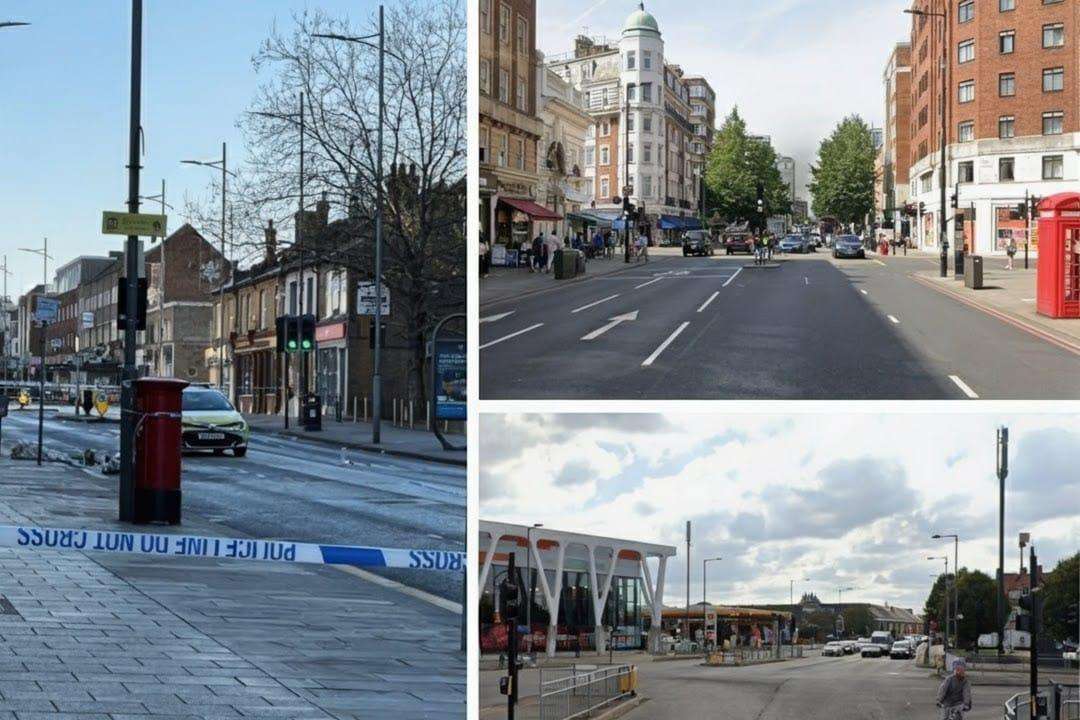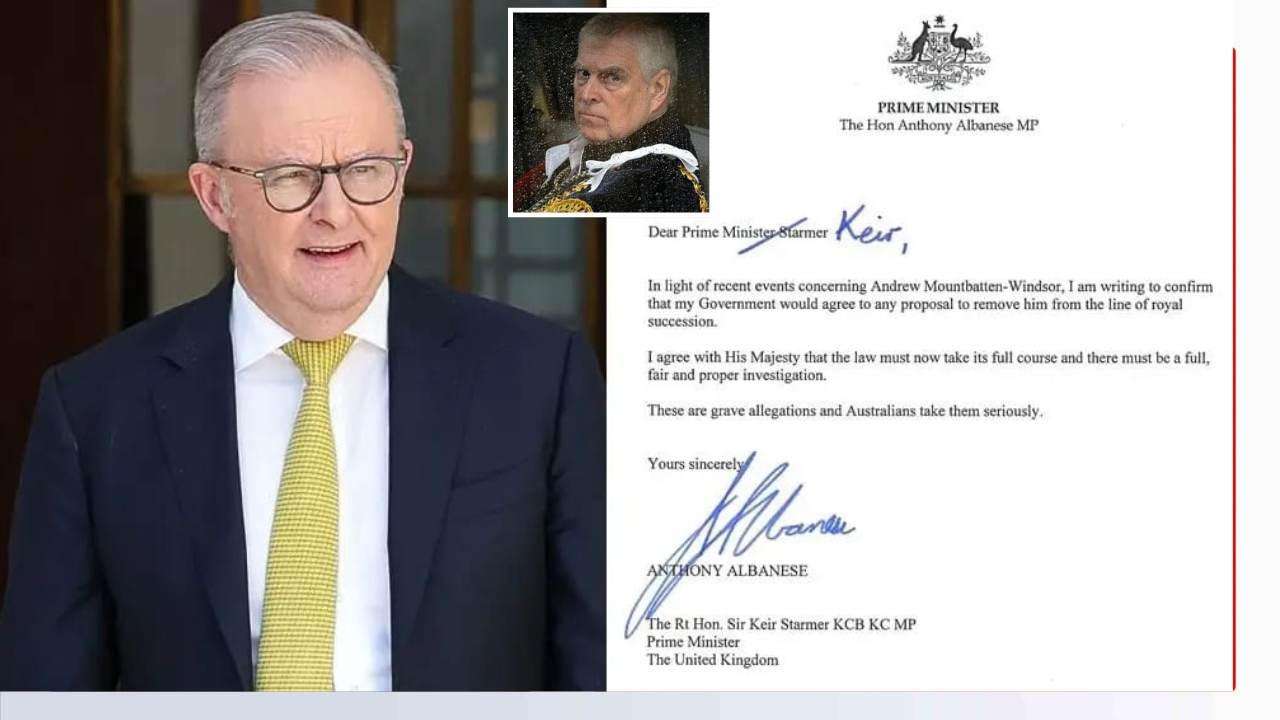Local political parties have strongly criticized Keir Starmer’s recent welfare cuts. The SDLP condemned them as “immoral and unethical,” the Alliance Party called them a “false economy,” and Sinn Féin cautiously described them as “a political choice that does not serve the people here.” The TUV’s Jim Allister also weighed in, though his remarks are not immediately recalled.
With that, the £5 billion in cuts have been both announced by Labour and denounced by local politicians, who now return to their routine of issuing public condemnations until the next opportunity arises. However, what’s missing from their statements—as always—is an explanation of why these cuts are happening in the first place.
The typical criticisms—that Starmer is another Thatcher, a modern-day Scrooge, or simply out of touch—may carry some truth, but they overlook the real issue. The reality is that Britain is financially struggling—deeply in debt, unable to sustain itself, and facing economic hardship. This explains the rise in national insurance, the reduction in winter fuel payments, and the latest cuts targeting the most vulnerable.
For Northern Ireland, this economic downturn is particularly significant. When Britain faces financial distress, we feel the impact directly. The country’s economic decline can be traced back to the loss of its empire, which once provided access to cheap resources—food, timber, rubber, and minerals—sustained by political oppression and forced labor. These riches funded grand public buildings in cities like London while the military maintained control over foreign territories.
Even today, Britain struggles to accept its diminished status. Unlike Donald Trump, who envisions restoring America’s global dominance, Starmer operates under the illusion that Britain remains powerful. The country’s decline accelerated after World War I, worsened after World War II, and ultimately crashed under Margaret Thatcher. Her policies deindustrialized Britain, shifting focus from manufacturing to the financial sector in London, which has since become a global hub for laundering vast sums of illicit money.
With the financial sector prioritizing easy profits, investment in industry and business has consistently lagged behind other leading economies for decades. Between 2007 and 2022, real wages stagnated while food prices soared by 30%. Today, the UK’s national debt sits at approximately £3 trillion, forcing the government to spend around £105 billion annually on interest payments alone—about five times the budget Stormont receives from Westminster.
Some argue that Britain would be better off within the European Union, but the EU’s major economies, including France and Germany, are also struggling—especially with the potential threat of trade tariffs under a future Trump administration. Meanwhile, Starmer is pushing Britain toward military confrontation with Russia, despite the fact that the UK’s armed forces, much like its economy, are in a dire state.
With only 70,000 soldiers, the British army is at its weakest in centuries, especially when compared to Russia’s 1.3 million troops or China’s 2 million. Pretending otherwise is a dangerous form of self-delusion. The navy, once the pride of the empire, now consists of just two aircraft carriers, which have been plagued by leaks, fires, and propulsion failures—hardly a symbol of strength.
Looking ahead, Starmer’s upcoming Spring statement is expected to announce even more public spending cuts, potentially jeopardizing major projects like Casement Park. For Northern Ireland, this is a stark reminder that our financial dependence on Westminster leaves us vulnerable to Britain’s economic struggles.
Nationalists and unionists alike supported the Good Friday Agreement without securing financial guarantees. Now, as Britain prioritizes corporate profits in the City of London over the welfare of its citizens, the consequences are becoming painfully clear—rising hardship for those already struggling.
Starmer’s latest cuts are just the beginning. More will follow, and when they do, local politicians will once again voice their outrage. But while they have mastered the art of indignation, the people they claim to represent are growing tired of empty words and inaction.








.svg)


